Nearing the half-century mark I coincidentally find myself reading articles and books that are really pushing my ruminations towards a wider narrative on time itself. As in, it waits for no one, but also as in how narrow our collective focus and attention span is in this strange moment in history.
Rebecca Solnit has written a lot about slowing down and noticing things and in the Jan-Feb issue of Orion magazine (her piece is only in the print version, unfortunately) she has a nice column on the slow-motion demise of the WTO, framed against our fairy-tale expectations of monsters being vanquished quickly and dramatically by heroes. She mentions time-lapse photography of plant growth as an example of the wrong kind of teaching, not because it’s not useful to see a plant’s growth cycle in a minute, but because of how it contributes to compressing our attention spans and raising our expecations of quick resolutions to things that take longer than what we expect or want. By contrast, we are NOT taught to see things in their real time, which might be a season in the case of a plant, or a generation in terms of an eco-niche, or multiple lifetimes in the case of historic periods or great social movements.
The WTO’s unravelling is one of the big untold stories of this era, but there’s a very good overview of the retreat from globalization that the WTO story is just a part of by eminent critic Walden Bello cross-published in Asia Times and Counterpunch. The glib assumption that the monocultural March of Regress as shaped by Wal-Mart, Disney, et al, will just keep going is one trumpeted by the mainstream media incessantly, but weirdly shared by many critics and radicals too. For all his gloomy naysaying and overly ardent embrace of peak oil as a causative historic event, James Kunstler is still a useful read to remind us of how out of kilter things are, and how obviously unsustainable the last half century’s burst of suburbanization has been. His year-end look back and forward was an interesting read, as is his piece in the aforementioned Orion magazine, “Making Other Arrangements,” about the necessity of reorienting our lives to a logic not based on endless supplies of cheap oil. The comment he makes in both pieces that really jumped out for me has to do with the crappy construction of suburbia, all made from chipboard and vinyl, not likely to last more than a generation or more. This is the much-vaunted “housing boom” that has sustained the increasingly hollowed-out U.S. economy for the past 15 years. Not only is it crappy housing that will fall apart after a few bad storms or floods, but it’s usually built on our rapidly diminishing arable lands, turning what was once prime agricultural fields into endless miles of tacky, alienating, short-term sprawl.
In terms of the theme of time, you could hardly do anything more short-sighted and self-defeating than to bury our best remaining soils, usually in historic alluvial flood plains, under the toxic (in many more ways than one) anti-communities we know as American Suburbia. My recent reading of Edward Hyams “Soil & Civilization” really drove the point home about maintaining, nurturing, and literally growing soil, the indispensable foundation of life.
I’ve been working my way through a classic this past week, “The Great Transformation” by Karl Polanyi. It’s a detailed account of the emergence of market-based society, systematically demolishing a lot of silly ahistorical notions about human nature having always been based on ‘truck and barter’ and market-like activities. Instead, Polanyi does a great job of examining the early process of creating a market, focusing particularly on how there is a double motion in that historic time between those liberals who championed the market and the social agents (the landed aristocracy and the emergent industrial working classes) who fought to put constraints on the unfettered market, to impose protective measures for humans and land. Ultimately the ideological battles of the 19th century have been played out yet again in our own times, but in the context of a much more rapacious and powerful market society determined to bulldoze all other values out of the path of unfettered markets. Polanyi’s goal is to show how devastating markets are for society. His history details how poverty began to be visible in the early period of capitalism, prior to the full-blown implementation of the commodity form on labor and land, and that neither a partial nor fully implanted market did anything to reverse the trend whereby as wealth concentrated, so did immiseration.
A further interesting connection is between Polanyi’s analysis of the emergence of society at the beginning of the 17th century, and Barbara Ehrenreich’s new book “Dancing in the Streets,” a history of collective joy (ecstatic ritual and public celebration). She also examines the emergence of an entity called “society” in the 17th century, juxtaposing it to the new sense of self that accompanies it. As the Calvinist prohibition of pleasure gradually infects nearly all forms of Christianity and with it prohibits dance and song in religion and eventually the streets, a new sense of melancholy appears on the public stage too. She doesn’t go so far as to argue that one led automatically to the other, but she does point out its contemporariness, and wonders how much they might be connected.
Interesting to ruminate on the long historic transformation of humans as individuals and as members of society, how the shared activities that animated social life were repressed and transformed, to be replaced by the last remaining animated links, that of the marketized individuals who interact over the buying and selling of their time and products. But even the hyper-marketized lives we have now may be coming to an end, if not because of a general social refusal (though there are elements of that in play all the time too), then perhaps because the material foundations of the market life are on a path to total self-destruction. Between our warm winter and the obvious climate change we’re already living through, and the general depletion of the necessities of biological life (soil and water even more prominently than diminishing fossil fuels), the future for the triumphant era of globalized free markets is not just short, but may have already been closed off, whether we can see that clearly or not.
Add in to these factors the emergence of global guerrillas bent on taking down modern society through disruptions of systems (the bombing of a parking garage in Madrid last week is just the latest example of the extreme fragility of modern high-tech ways of life), and getting local, practical and self-sufficient is an urgent necessity… just sayin’…




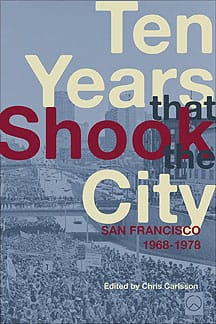
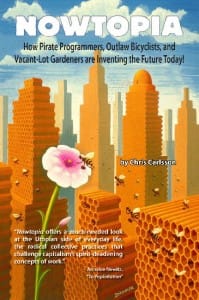
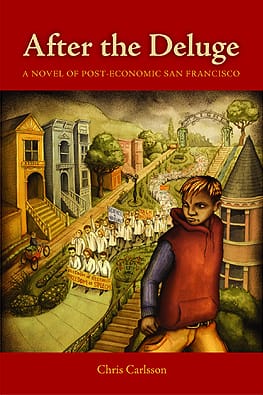
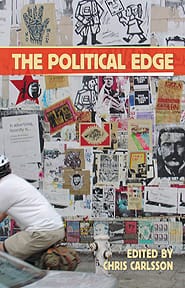
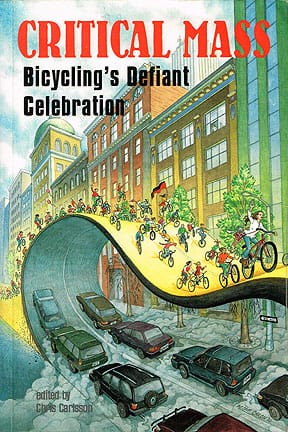
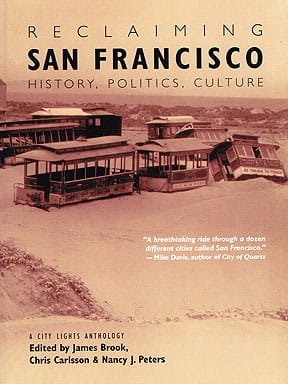
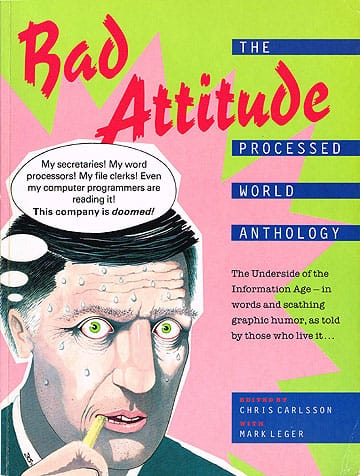

Leave a Reply